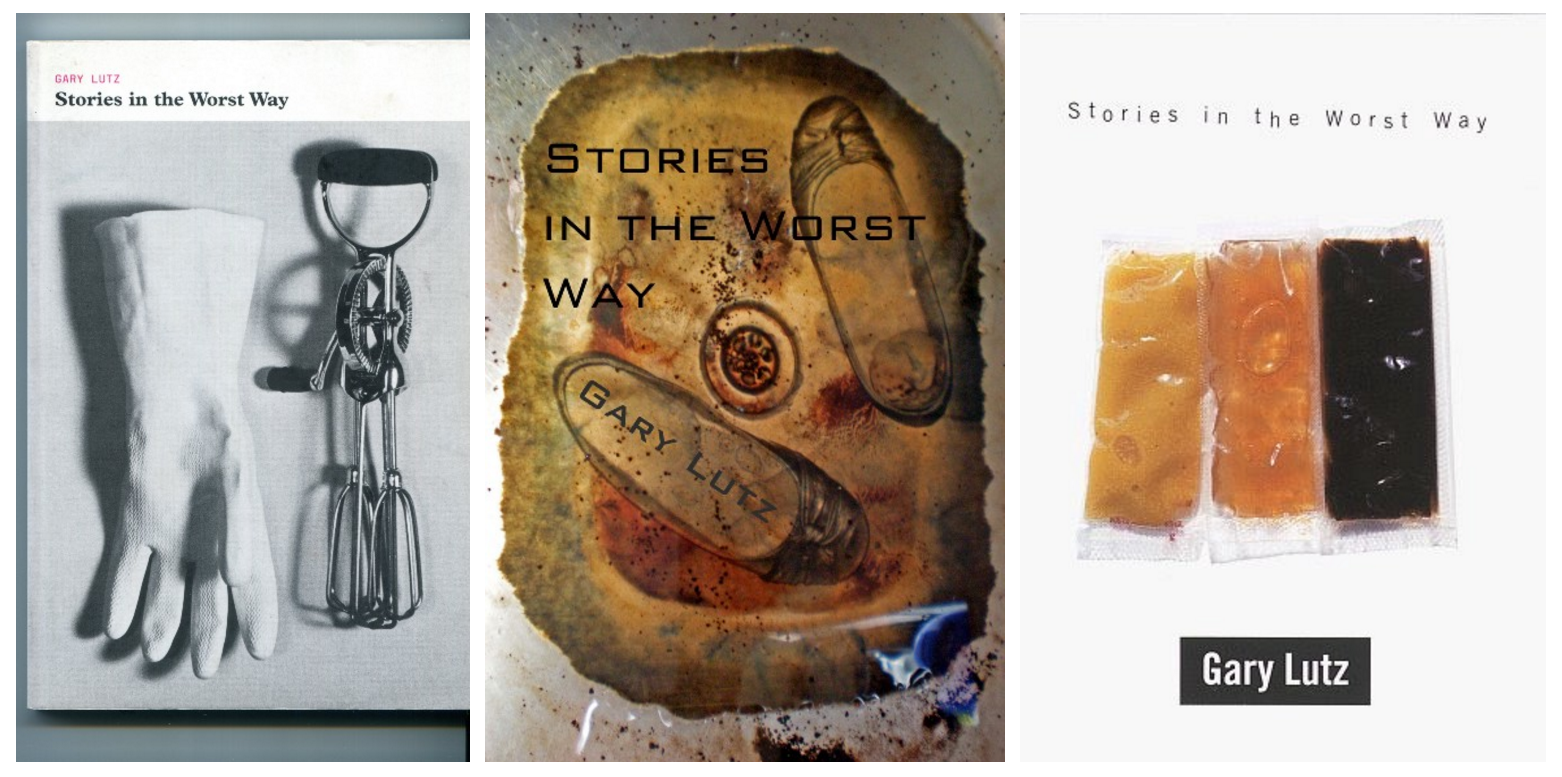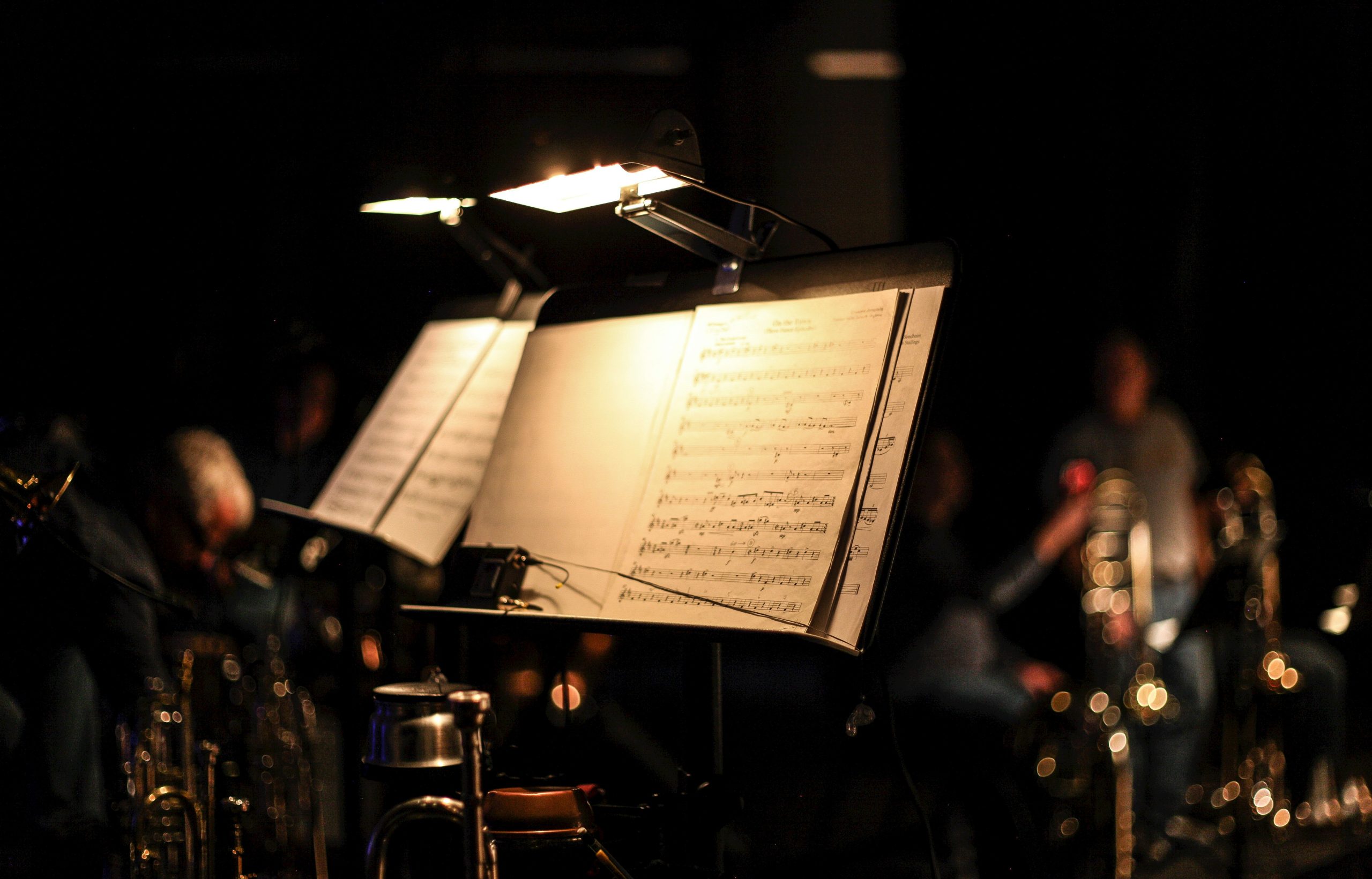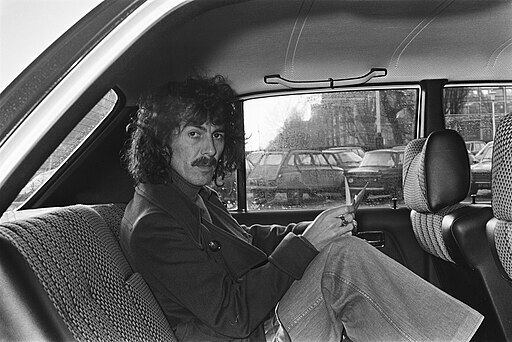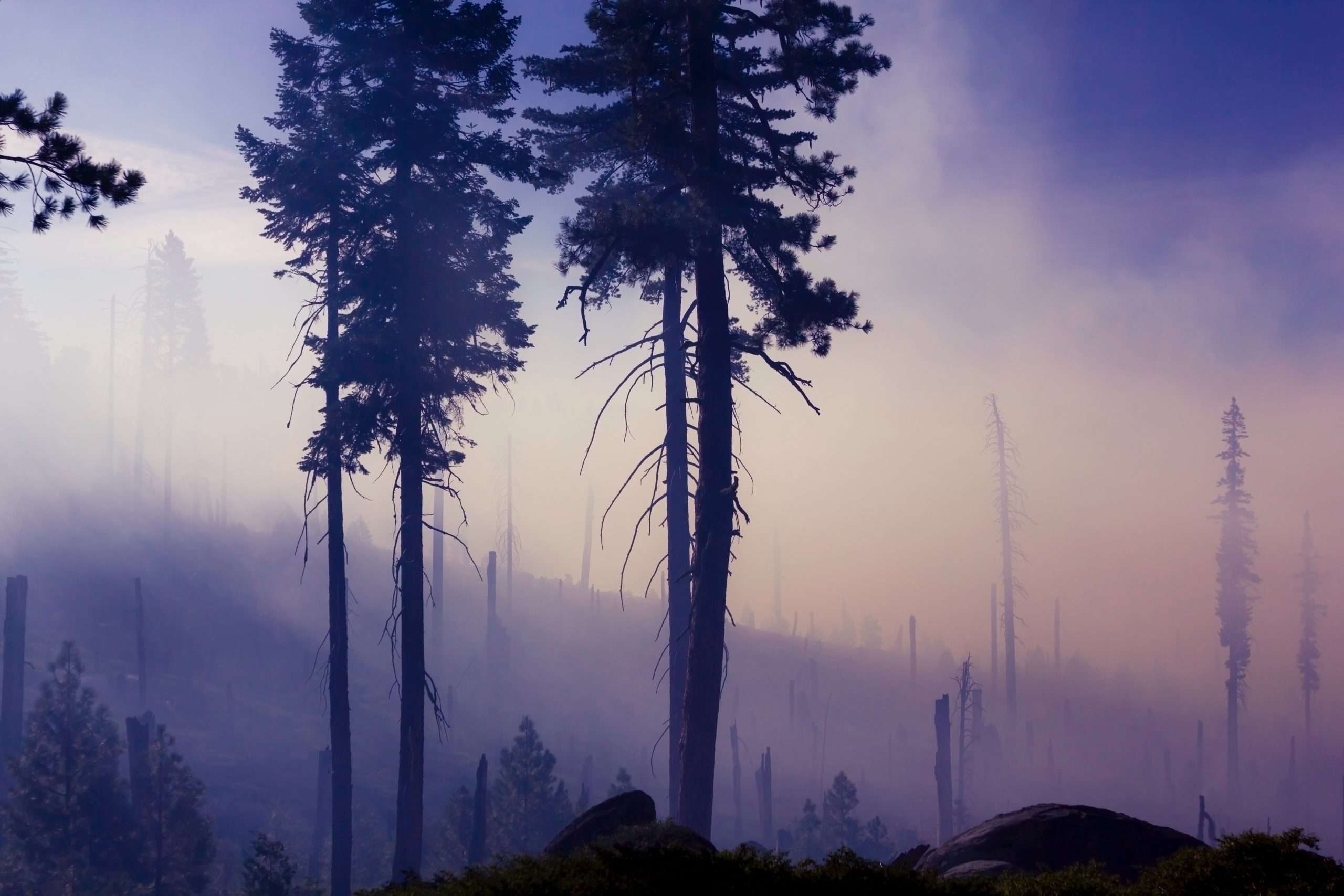Reading Lists
Soundtrack for a San Francisco Exile
A Literary Mixtape, by Mauro Javier Cardenas

I had to train myself to write The Revolutionaries Try Again with music set to the highest volume, the same Arvo Part / Oliver Messiaen / Steve Reich playlist on repeat every day for twelve years, which was transmitted to my ears through oversized circumaural Sennheiser headphones whose headband would crack in the middle after a year or two such that my file cabinet has become a junkyard of cracked oversized circumaural Sennheiser headphones.
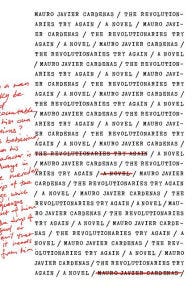
Although some of the tracks from this playlist surface explicitly in The Revolutionaries Try Again via Antonio, who tries to become a pianist and listens to this music as if it could provide him with an alternative life in which he doesn’t return to Ecuador (he does return to Ecuador), the effect of this music in the novel is mostly invisible, like the portable engine in god’s basement that makes waves.
1–4) Cantus in Memory of Benjamin Britten, Frates, Tabula Rasa & Litany by Arvo Part
To counter my cynicism while writing about so-called religious experiences, I would listen to Arvo Part and try to remember the apparition of the Virgin Mary in Cajas, the crying of my grandmother’s Baby Christ, my imaginary conversations with the Virgin Mary (the blank content of these conversations, because I don’t remember what we would talk about (— dear mother of god today I didn’t have a single bad thought? — )), simultaneously existing in hundreds of churches in Ecuador, in the musical landscapes of Arvo Part, and (not) in San Francisco. In The Revolutionaries Try Again, Masha, a Russian painter, listens to Tabula Rasa while remembering Antonio, a former lover, who, unable to resist the pull of imaginary beings, returns to Ecuador, his native country.
5–7) Quartet for the End of Time, Vingt Regards Sur L’Enfant Jesus, The Sermon of the Birds from Saint Francis of Assisi by Oliver Messiaen
Many years ago the San Francisco Opera had an adventurous director called Pamela Rosenberg who staged Oliver Messiaen’s opera about Saint Francis of Assisi. Messiaen used to voyage to canyons and forests around the world to transcribe birdsongs, some of which can even mimic the city sounds around them. He meticulously inked all of his birds, which he called, without irony, little servants of immaterial joy, into his opera about San Francis of Assisi. At the North American premiere of San Francis of Assisi, from the balcony section of the War Memorial Opera House, I watched San Francis praying about what he calls the perfect joy, in other words about the acceptance of suffering, which the orchestra and the ondes Martenots and the xylophones granted to him by performing an insistent, nerve-wracking squawk of every single birdsong Messiaen had ever transcribed. In The Revolutionaries Try Again, Antonio and Masha walk out of the North American premiere of San Francis of Assisi. Antonio also confuses the music he’d heard at his first meeting with a Jesuit priest in high school with part VI of Messiaen’s Vingt Regards sur L’Enfant-Jesus (music that follows no distinguishable pattern, roils, seems to progress in a scabrous direction, climbing to an altiplane to toll a bell).
8) Tres Rapide by Jean Barraque
I encountered Barraque in The Passion of Michel Foucault by Jim Miller. Apparently Barraque and Foucault were lovers, and because I tend to chase references that seem connected in some mysterious way to my own material, I immediately searched for Barraque and his atonal music. Years later it seemed so natural to pair Barraque discontinuous Tres Rapide with my attempt to compose a robotic monologue with errors by Rafael, known as Mazinger the Robot in The Revolutionaries Try Again.
9–12) Eight Lines & Different Trains by Steve Reich, Keyboard Study #2 by Terry Riley, Hommage a RILEY-REICHlich verGLASSt by Steffen Schleiermacher
The Revolutionaries Try Again contains four emdashed chapters, where the only punctuation allowed is emdashes and periods. These chapters, which on the page look like a horizontal version of the rapid, unattributed dialogues in JR by William Gaddis, required (according to me) rapid, recurring, phasing music, and that of course is (some) of the music by Steve Reich and Terry Riley. I listened to their music so much that, in The Revolutionaries Try Again, two pious ladies materialized to reenact the birth of Steve Reich’s “It’s Gonna Rain” with their tape recorders at a funeral. The Hommage by Schleiermacher begins with Steve Reich’s “Piano Phase” and then mashes up Riley and Glass, rushing toward what sounds like an electronic meteor apocalypse, which is probably why the characters in these emdashed chapters propel themselves towards destruction.
Last month, as I listened to “Different Trains” during a concert in celebration of Steve Reich’s 80th birthday next to my mother, who had come to San Francisco for the launch of The Revolutionaries Try Again, the propulsion of the music, which I have come to equate with the birth of my “performance of an impulse” sentences, sentences that eschew narration but create dramatic tension by obsessing on the impulse behind the sentence, electrified me so much that I almost felt compelled to start writing The Revolutionaries Try Again again. Thank you for everything, Steve.
About the Author
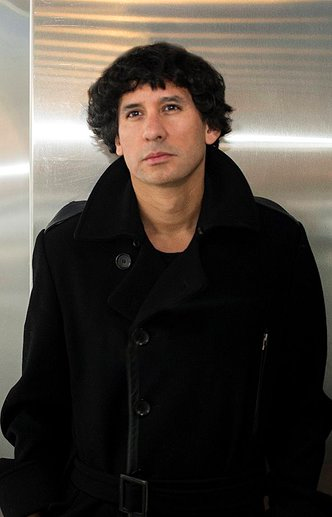
Mauro Javier Cardenas is the author of The Revolutionaries Try Again. He grew up in Guayaquil, Ecuador, and graduated with a degree in economics from Stanford University. Excerpts from his novel have appeared in Conjunctions, the Antioch Review, Guernica, Witness, and BOMB. His interviews and essays on/with László Krasznahorkai, Javier Marías, Horacio Castellanos Moya, Juan Villoro, and António Lobo Antunes have appeared in Music & Literature, the San Francisco Chronicle, BOMB, and the Quarterly Conversation.





